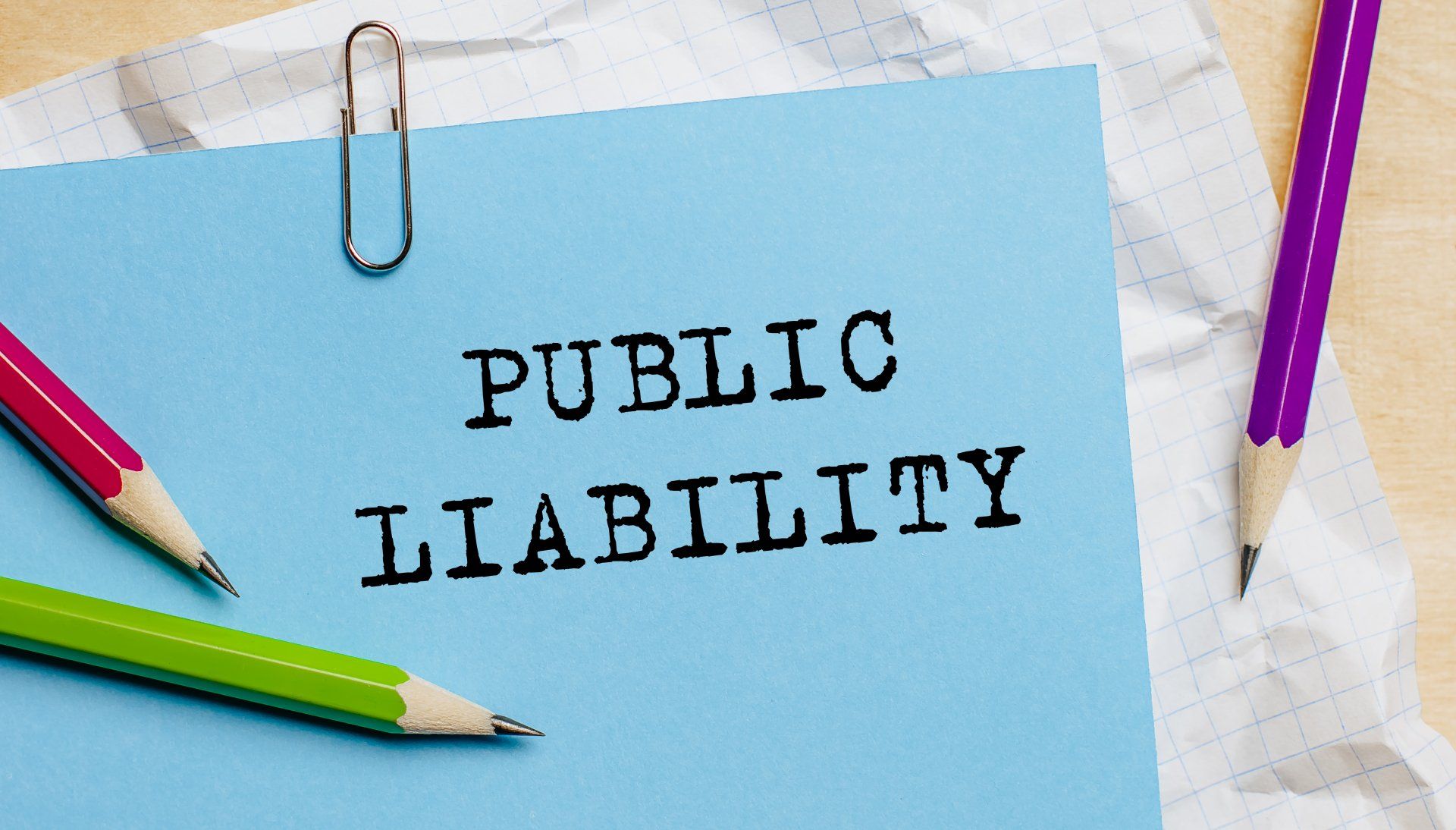NEWS AND EVENTS
NEWS AND EVENTS
EVENTS
Here at Emery Partners, we believe in educating our clients and the local community as much as possible. With that in mind, we regularly host events that are aimed at keeping you as well informed as possible.

IF YOU ARE INTERESTED IN ATTENDING AN EVENT, PLEASE ENTER YOUR DETAILS
Future Events
Thank you for contacting us.
We will get back to you as soon as possible.
We will get back to you as soon as possible.
Oops, there was an error sending your message.
Please try again later.
Please try again later.
CALL US TODAY ON 02 4993 9400 OR 02 4016 5100
WE CAN HELP!
PAST PRESENTATIONS
INTERNATIONAL PRESENTATIONS

By Emery partners
•
August 30, 2024
The following paper was presented in Barcelona on 21st July 2024 at the Barcelona Law Faculty. Nada Vujat, Emery Partners: nvujat@emery.com.au On 21 August 2003, the Supreme Court of New South Wales entered judgment for a patient, Kevin Presland, against the Hunter Area Health Service and a psychiatric registrar in Presland v Hunter Area Health Services [2003] NSWSC 764 [‘The Presland Case’]. Kevin Presland was awarded damages after establishing that both entities had negligently failed to appropriately care for him which included detaining him in the psychiatric institution and under provisions of the Mental Health Act 1990 (NSW). Within hours of being released from the psychiatric institution, Kevin Presland decapitated his brother's fiancée, Kelley-Anne Laws – a tragic event which resulted in significant life-altering damage to many people: Ms Laws and her family, Ms Laws’ fiancé, the family of the Presland brothers, and Kevin Presland himself. Kevin Presland was acquitted of murder on the grounds of insanity. The Presland case created a media furore. Public statements were made by many public officials, including the Premier of New South Wales, who were incensed about the case. The Presland case was responsible for a platform of legislative amendments made to the Civil Liability Act 2002 (NSW). Part 1 of this presentation will explore the duty of care of psychiatric institutions prior to the legislative amendments and the Presland case in detail. Part 2 will explore the legislative amendments introduced into the Civil Liability Act 2002 (NSW) and the current status of duties owed by psychiatric institutions to the mentally ill. It is of note that by a majority, the NSW Court of Appeal overturned the Presland case on 21 April 2005 in Hunter Area Health Services v Presland [2005] NSWCA 33. The Court of Appeal determined that a litigant suing for negligence will not recover damages for pain and suffering and economic loss caused as a result of not being admitted for treatment of a mental illness before committing a violent offence. For more information: CLICK HERE (Go to page 46)

By Emery partners
•
May 27, 2021
The following paper was presented in Amsterdam on 17 july’2013 at NH Grand Hotel of Krasnapolsky Nada Vujat, partner solicitor, Newcastle West, Australia: nvujat@emery.com.au Over the past six years, Australia has experienced radical changes in industrial relations. The Fair Work Act 2009 (Cth) (FWA) establishes the current national system of industrial relations, which applies to about 85% of Australian employers. Fair Work Australia commenced on 1 July 2009 (Labour Government). The legislation was intended to increase protections available to the labour force which were arguably diminished pursuant to the previous Work Choices regime (Liberal Government). Part 3-1 of the FWA is titled General Protections. This presentation explores the nature of these new remedies in detail, how the Federal Court of Australia is applying them, and the impact the introduction of such remedies has had and is likely to have upon the relationship between employers and employees. For additional information: CLICK HERE (See at page - 22)

By Emery partners
•
May 27, 2021
The following paper was presented in Berlin on 17july- 23 July’2011 at Humboldt University Nada Vujat, partner solicitor, Hunter Valley, Australia: nvujat@emery.com.au In November 2007, a long-serving Government was ousted owing to public outrage concerning its industrial relations package, Work Choices. It has taken the existing 157 government some two years to modify and replace this system. On 1 July 2009 and 1 January 2010, the primary components of the Fair Work Australia regime were implemented. This paper shall overview the new system and its ramifications for Australian workers and businesses who have endured radical shifts in ideology and entitlements in just four years. Fair Work Australia has, in essence, removed the focus from the individual and re-established the bargaining power of the Collective. The voice of the Unions has been restored after a brief period of silence. The ability of workers to challenge their employer's decision to terminate their employment has also been restored (in part). The Award ratification process is nearly complete - a process which lies at the core of the nationalised system, and common to both political parties. A new election is looming, and once again, industrial relations has become a hot topic in Australia. Ironically, Fair Work Australia is still in its fledgling stage, not having made its first Anniversary as yet. How the nation has adapted to such radical change in such a short space of time is the focus of this paper. For more information: CLICK HERE (Go to page - 161)
NATIONAL PRESENTATIONS

By Emery partners
•
May 27, 2021
It is important to put measures in place to ensure that our “blood, sweat and tears” accumulated over our lifetimes fall into the right hands after we are gone. We may want our children to profit from our labours; our favourite charity to flourish from our endeavours; our spouse to be secure. The legal instrument that enables us to look after those we leave behind is known as a will. It is of paramount importance that the will is drafted to accurately reflect your wishes; to allow for the contingencies of life; and is valid. If a will is invalid you may as well not have bothered creating one in the first place. An invalid will is discarded and legislation then dictates how your hard-won labours are to be distributed. This same legislation operates if you never made a will and died intestate. The legal process addressing this situation is known as Letters of Administration and is far more expensive than obtaining Probate in relation to a valid will.
EMERY PARTNERS
Our lawyers are here to ensure that you receive all the information you need about your particular case or circumstances, equipping you with the knowledge you need to achieve the best outcome.
Liability limited by a scheme approved under Professional Standards Legislation. Legal practitioners at Emery Partners Pty Ltd are members of the Scheme
© 2022 All Rights Reserved | Emery Partners | Web Design by ACM Digital



